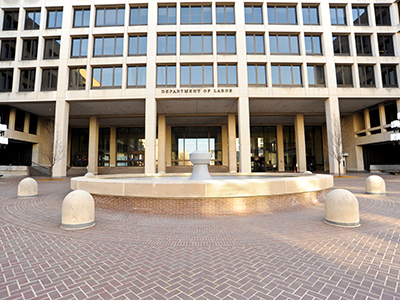Late last month, in the Southern District of Florida, adult entertainers at several Rick’s Cabaret locations filed a lawsuit alleging that they were improperly categorized (and thus improperly compensated) as independent contractors rather than employees. See Espinoza, et al. v. Rick’s Cabaret Int’l, Inc., Case No. 1:13-cv-24565-UU. In light of recent decisions, Rick’s—like other employers classifying workers as independent contractors—should proceed with caution.
The past several months have seen a spate of rulings adverse to employers in the adult entertainment context. Early last year, a Southern District of New York judge approved an $8 million settlement for a class of dancers at another adult establishment who alleged that they were misclassified as independent contractors. See In re: Penthouse Executive Club Compensation Litigation, Case No. 1:10-cv-01145. In September 2013, in a different S.D.N.Y. case, the court in Hart, et al. v. Rick’s Cabaret Int’l, Inc. found that dancers at the New York club location were employees, not independent contractors, for purposes of the Fair Labor Standards Act (“FLSA”) and the New York Labor Law. And just last week a Northern District of Georgia judge who previously certified a class of adult entertainers who alleged they were wrongly classified as independent contractors granted the entertainers’ summary judgment motion with respect to their status as employees under the FLSA. See Stevenson, et al. v. The Great American Dream, Inc., No. 1:12-CV-3359-TWT.
In finding no independent contractor relationship in Hart, the court cited the existence of club guidelines that governed dancers’ dress/appearance (e.g., body glitter forbidden, 4-inch stiletto heels required), behavior in the club (e.g., gum chewing or using a cell phone on the dance floor prohibited), when dancers could be scheduled to work, various fees dancers were required to pay, and manner of performance (e.g., prohibition on more than one knee touching the ground when performing on stage). Of virtually no significance was the fact that there were signed agreements between dancers and Rick’s Cabaret expressing that the employment relationship was that of an independent contractor.
Irrespective of industry, companies that utilize independent contractors are well advised to periodically reexamine the economic realities of those relationships.











